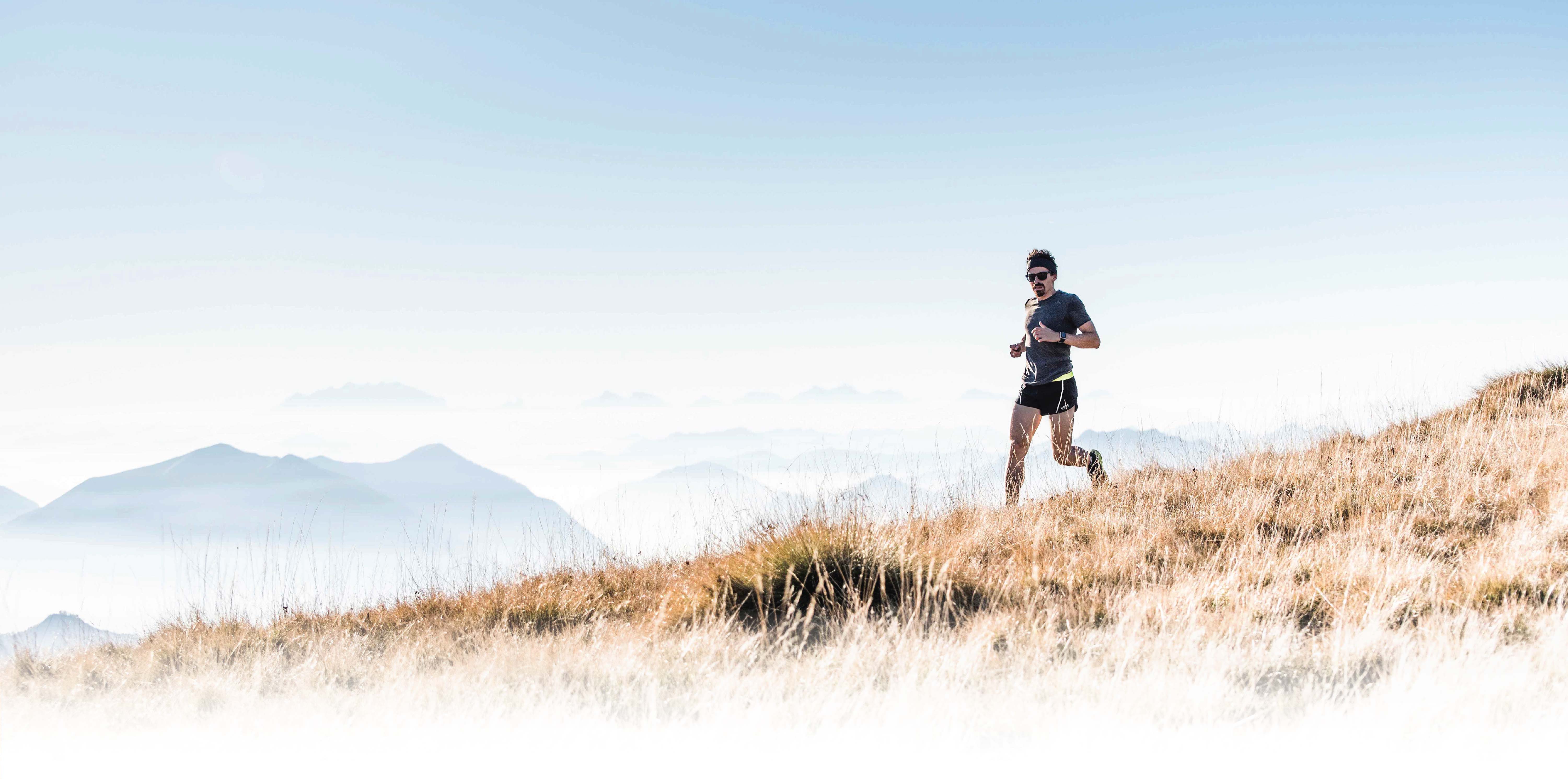Press-Release
Indians prefer driving over walking- Bupa Report 2012
One in 10 people say they regularly drive short journeys that they could walk
· Rising car ownership in India is discouraging walking
· Cars are often used for very short journeys that could be walked
· More women than men in India agree to make short journeys by car that could have been walked
· Comprehensive research carried out for Bupa in 13 countries including India, China, Great Britain and the United States for 400,000 people across the globe
Indians choose to drive for shorter distances over walking, according to Bupa Report 2012. In fact a higher percentage of women over men prefer to drive than walk. The report also elucidates on the different reasons for people opting to drive over walking the short distance. It also brings into focus the accomplishment of other countries that have experienced the true power of simply walking.
Country |
Men |
Women |
All |
Australia |
16% |
20% |
18% |
Brazil |
13% |
12% |
13% |
China |
11% |
11% |
11% |
Egypt |
10% |
8% |
9% |
Great Britain |
20% |
16% |
18% |
Hong Kong |
9% |
10% |
9% |
India |
13% |
15% |
14% |
Mexico |
7% |
9% |
8% |
New Zealand |
22% |
21% |
22% |
Saudi Arabia |
20% |
8% |
15% |
Spain |
11% |
10% |
11% |
Thailand |
12% |
11% |
11% |
United States |
9% |
10% |
9% |
Bupa Health Pulse 2012 average |
14% |
13% |
13% |
Cars are often used for very short journeys that could be walked. In the United States, cars are used for 55% of trips of one-third of a mile in length and 85% of trips that are two-thirds of a mile in length. Reducing motor vehicle use decreases air pollution levels, which can have significant benefits for health. Pollution can be particularly harmful to the health of children and older adults and a strong relationship was been shown between the levels of airborne particles, sulphur dioxide and risk of early death from heart disease and respiratory illnesses such as allergies, asthma and lunch cancer.
The study further says that every additional 15 minutes of daily exercise such as brisk walking reduced premature death rates by a further 4%.Walking can also cut the risks of ailments like strokes, heart disease and diabetes.
In light of these findings and in keeping with Max Bupa’s mission to help people lead healthier and happier lives, Max Bupa has rolled out first of its kind, health initiative, Max Bupa Walk for Health to emphasize on the importance of simplest and most accessible form of exercise like walking.
Sevantika Bhandari, Director-Marketing, Max Bupa said, “This report is an interesting insight of the growing sedentary lifestyle of Indians, compared to other countries. We at Max Bupa are committed to the philosophy of placing customer’s health first to enable them to lead happier and healthier lives. In pursuit of this goal, we are organizing Max Bupa Walk for Health, a multi-city health initiative, to bring about positive long term sustainable behavioural changes in their lifestyle It is time individuals in India to forgo the temptation to drive short distance and instead get walking. Through this, we serve the dual purpose of benefiting our health and also the environment.”
On October 27 and 28, 2012, the walks will be organized in Chennai, Hyderabad, Kolkata, Ludhiana, Jaipur, Surat, Pune and Kochi. These will be followed by Walk for Health in Delhi, Mumbai and Bangalore on November 4, 2012. www.walkforhealth.in, is a dedicated website on the initiative that has been created for participants to register online with their friends and family and get access to useful tips on walking.















